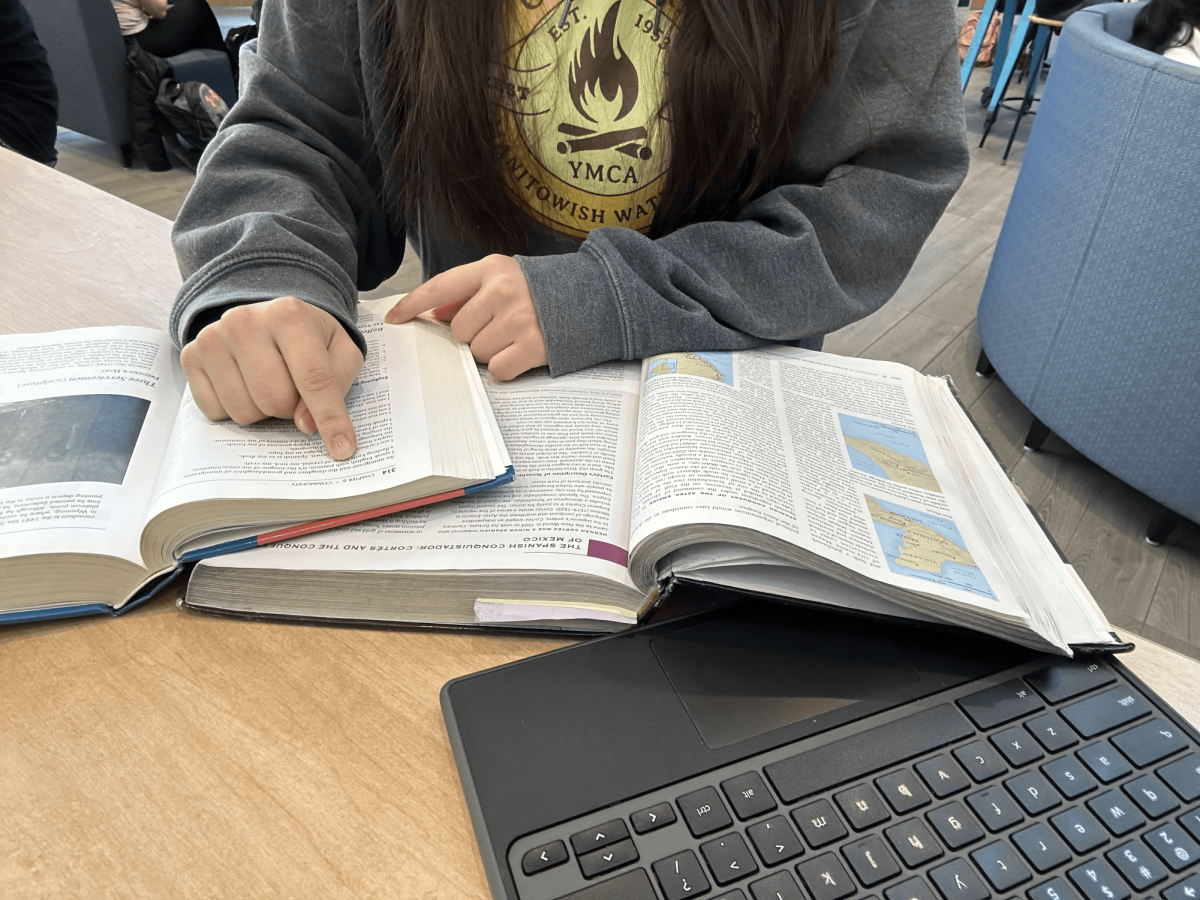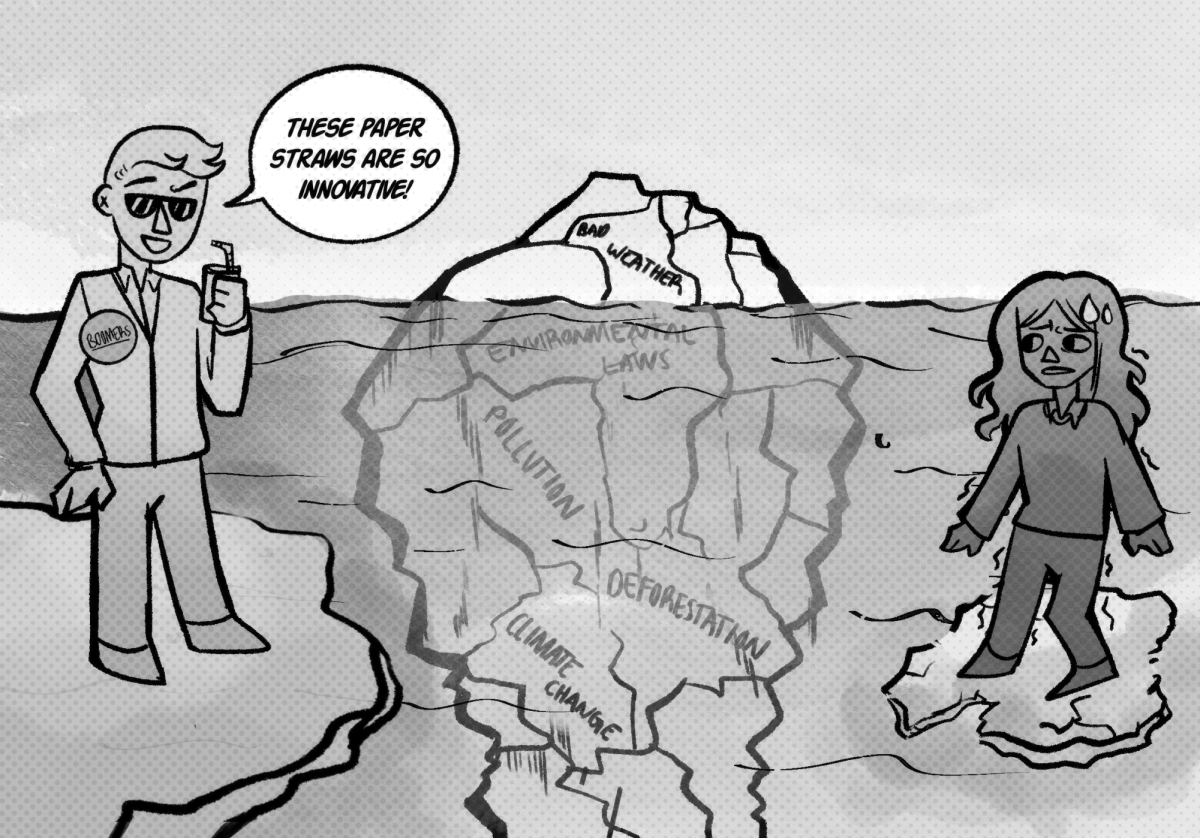When I was little, my parents could not get me to stop reading. “The Magic Treehouse,” “Nancy Drew,” “Harry Potter,” “Percy Jackson,” I loved it all. But in high school, the student’s desire to read for fun is overshadowed by the dread of annotations and 20th-century language.
Now more than ever, teachers are to expect students to read and analyze books our time. They expect us to understand the themes that, arguably, the author did not intend to convey.
The number of children who say they read for fun continues to drop. In 1984, about a third of 13-year-olds said they read for fun almost every day, but more recently that number has dropped to only 17 percent.
Meanwhile, expectations in the classroom continue to rise, with greater pressure on children to shine academically as early as kindergarten.
These trends seem related, and understandably so. As demand for perfection increases, so does the dread surrounding the completion of these tasks every night, knowing that it’ll just continue to grow as we grow older.
No longer do we find comfort in the smell of a new book or the crack of the spine when opening a book for the first time. No longer do we anxiously beg our parents to go to the library or bookstore as soon as the next book in a series is released. Instead, we sit at home annotating novels more than twice our age that are irrelevant to issues we care about today.
Many may say that the downfall of free reading is due to the growth in the use of social media and that teachers may want their students to read at this level to balance that out. However, in reality, students turn to social media as a way to avoid doing this work that they find to be tedious and unnecessary.
Students often hear negative narratives around social media, something that can be helpful to students in varying ways; in an educational setting, students who look to social media for comfort, even if just on occasion, are pushed to the side and labeled as addicts by anyone around them. The National Literacy Institute found that when students feel inadequate, their disposition changes. The same can be said for teachers when interacting with struggling readers; this type of hurtful interaction can lead to social and emotional struggle, making some turn to the comfort of social media.
Seemingly, media is less of a factor than others, and could potentially be a side effect of feeling of inadequacy. This doesn’t mean the teachers cause the addictions, just that the social norm in the school of assigned novels being pointless combined with a strained relationship with the media is unhelpful, but can’t effectively work together. Many students already have a difficult relationship with social media, so using it without reason doesn’t make a lot of sense.
No matter how painful it may seem, I try to pick up a book every once in a while, whether it has light or heavy topics, to remind myself of the sensation I used to, and still do, love. Books create an escape from reality, and allow you to see the world in a way you might not have otherwise. So, when you have a chance, pick up a book that sounds interesting.
It might surprise you.







